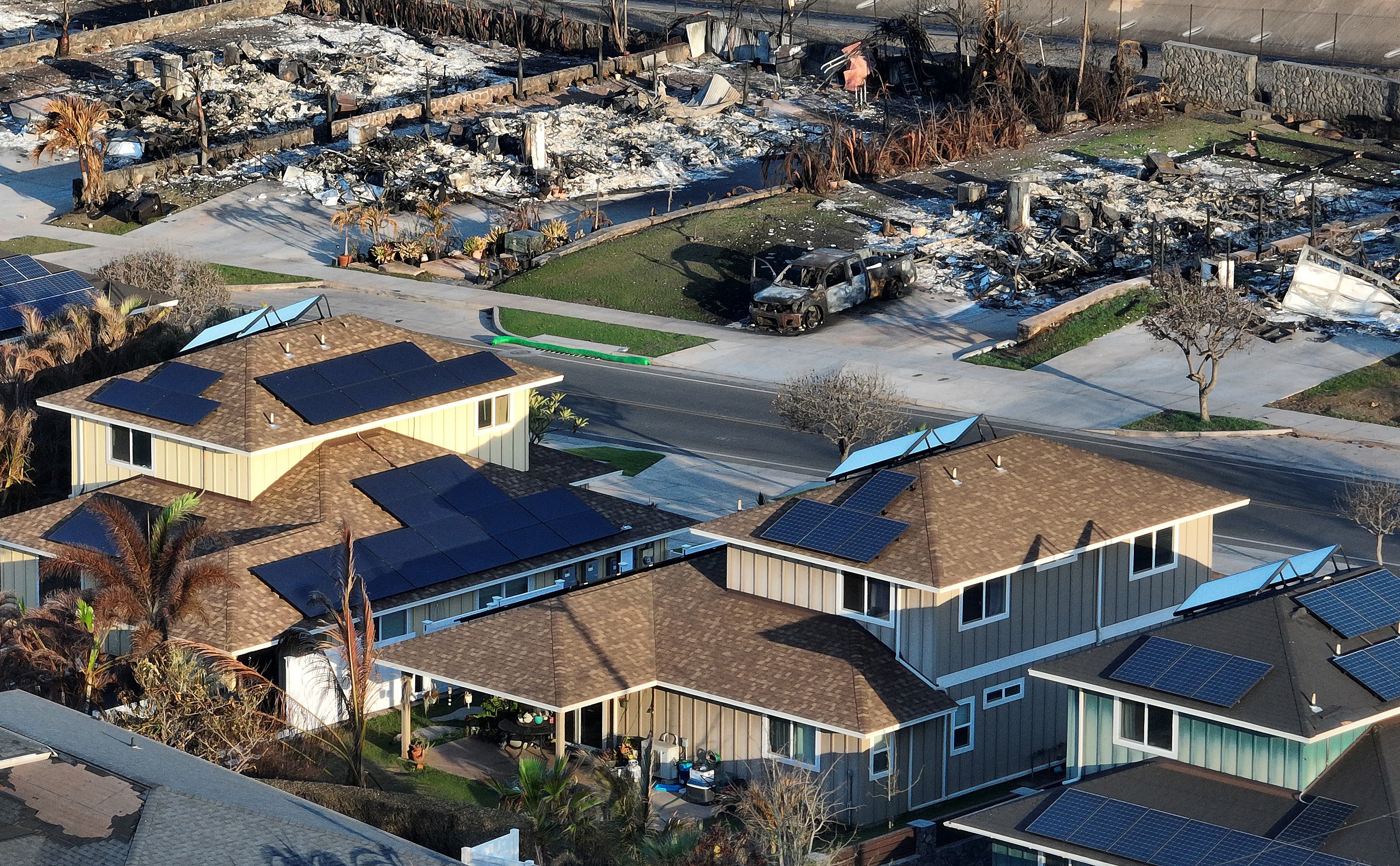
For the past 50 million years, the Earth has been gradually cooling. But scientists fear manmade global warming may reverse this trend in just 200 years.
The authors of a study published in the journal Proceedings of the National Academy of Sciences warned that if greenhouse gases continued to be pumped into the Earth's atmosphere at the current rates, the planet's climate would be comparable to that of the mid-Pliocene era of 3 million years ago by 2030. And by 2150 it would go back to the climate of the Eocene period, 50 million years ago.
Read more: Global warming choked sea creatures to death in Earth's biggest mass extinction
It's not clear, the authors said, whether the inhabitants of Earth would be able to adapt to and survive this new climate.
"We are living through, and causing, a geological-scale episode of global change, and are climatically rewinding the clock by millions of years," John "Jack" Williams, professor of geography at the University of Wisconsin-Madison, told Newsweek.
Williams, who has studied climate change for years, said he was "taken aback" by how quickly Earth is predicted to reach the climate of the Pliocene era.
"There were no large ice sheets in the Northern Hemisphere during the Pliocene, and sea level was about 60 feet higher than present," said Williams.
During the Eocene period, global temperatures were between 13 Centigrade higher than they were in the late 20th century, and the dinosaurs had just been wiped out. Permanent ice therefore didn't exist, and the Arctic was covered in forested wetlands.
"For context, the lineages that ultimately led to whales and horses had only started to form about 50 million years ago," said Williams. "So we are potentially rewinding the climate clock back to the dawn of mammal evolution."
To carry out the study, researchers used computer models to compare predictions for the Earth's climate in the coming decades if greenhouse gas emissions aren't curbed, to six geological and historical analogues: the mid-20th century, pre-Industrial Revolution around 1800; the mid-Holocene some 6,000 years ago; the last interglacial, some 125,000 years ago; as well as the Pliocene and Eocene.
The heating would start in the center of continents, the authors predicted. Williams explained in a statement that Madison, for instance, would get hotter than Seattle, although they are on the same latitude.
As with any scientific study, there were limitations to the work. Williams pointed out that the results were based on Earth system models simulating both future climates and those of the past. While those used by the team were "state of the art" and "extensively tested against observations," Williams said "it is important to recognize that models are always incomplete realizations of reality."
Despite this, the works provided a context around which to prepare for climate change, he argued.
"One of the challenges of adapting to climate change is that the projected changes are outside anything in our individual or societal experience," he said. "We can use the geological record to study how species adapt to [or fail to adapt to] very large and rapid climate changes in the past."
The take-home message for the general population, said Williams, is that climate change is perhaps the "most important" issue facing humankind today.
"There are many things we can all do," he said, suggesting that checking one's household heating and insulation to make sure they were efficient can save money and cut greenhouse gas emissions.
"Solutions can happen at all scales: from individuals to businesses to local and national governments," said Williams. "So readers also should contact their elected representatives to let them know that climate change is an important issue and that we need not talk, but immediate action."
Uncommon Knowledge
Newsweek is committed to challenging conventional wisdom and finding connections in the search for common ground.
Newsweek is committed to challenging conventional wisdom and finding connections in the search for common ground.
About the writer
Kashmira Gander is Deputy Science Editor at Newsweek. Her interests include health, gender, LGBTQIA+ issues, human rights, subcultures, music, and lifestyle. Her ... Read more
To read how Newsweek uses AI as a newsroom tool, Click here.








